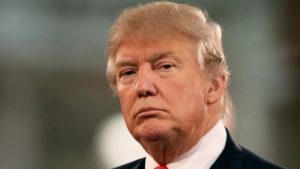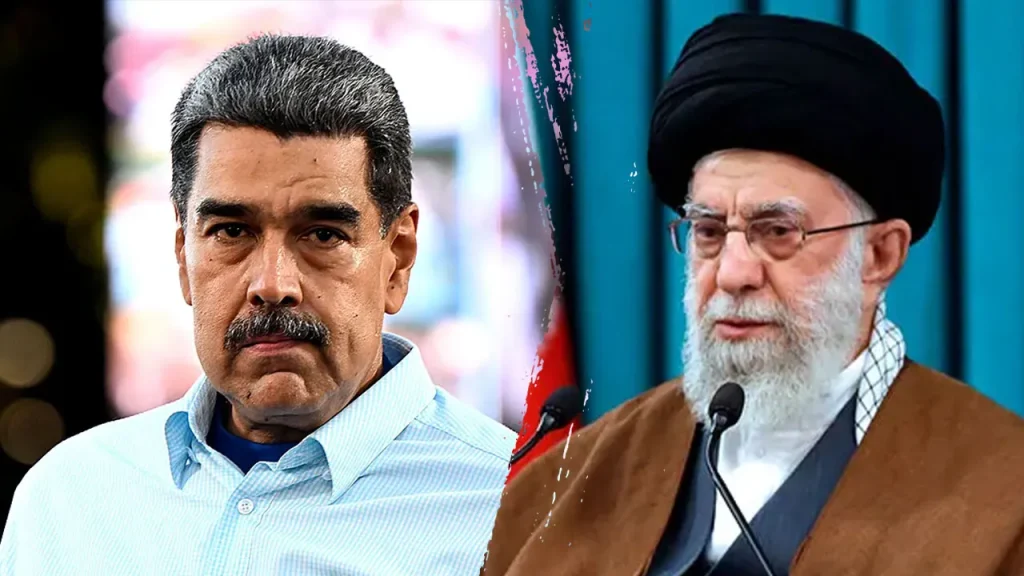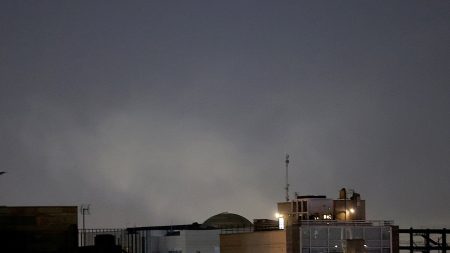Iran’s Strategic Support for Venezuela Amidst U.S. Pressure
In a significant geopolitical development, Iran has publicly declared its support for Venezuelan leader Nicolás Maduro as the Trump administration intensifies both military pressure in the Caribbean and its crackdown on criminal networks connected to the Caracas regime. This alliance between Tehran and Caracas has deepened at a critical moment when U.S. forces have conducted numerous strikes against vessels allegedly involved in narcotics trafficking off Central and South American coasts. Iranian Foreign Ministry spokesperson Esmaeil Baqaei recently condemned U.S. military activities in the region, warning of “dangerous repercussions” and claiming these operations threaten “international peace and security.” Venezuelan Foreign Minister Iván Gil Pinto promptly expressed gratitude for Iran’s “solidarity with the Venezuelan people,” highlighting the strengthening bonds between these two nations that stand in opposition to American influence.
The relationship between Iran and Venezuela extends far beyond diplomatic pleasantries, according to Isaias Medina III, a former Venezuelan diplomat who resigned from his position at the U.N. Security Council in 2017 due to Maduro’s human rights violations. Medina characterizes this partnership not as a principled stand for sovereignty under the U.N. Charter but rather as “a calculated strategy serving mutual interests in criminal enterprise and asymmetric warfare” that directly threatens U.S. national security interests. This alliance, he argues, centers on deepening military, criminal, and intelligence cooperation while deliberately disregarding international norms. The Trump administration appears to be taking this threat seriously, with President Trump himself telling reporters he hasn’t ruled out any options regarding Venezuela, including the possibility of deploying U.S. troops on the ground, citing concerns about Venezuela having “dumped hundreds of thousands of people into our country from prisons.”
For Iran, Venezuela represents a crucial strategic foothold in Latin America, according to Danny Citrinowicz, a senior fellow at Israel’s Institute for National Security Studies. He asserts that “Iran is extremely, extremely worried that it’s going to lose its main hub in Latin America,” and notes that “losing Maduro will be a strategic loss for Iran, because Venezuela is a strategic hub, not only for the activity in Venezuela itself, but also activity in Latin America in general.” This concern is not merely theoretical—Citrinowicz points to a recently exposed assassination attempt against Israel’s ambassador in Mexico, which Mexican authorities linked to operatives with ties to Iran’s Quds Force. This operation demonstrates how Iran potentially uses Venezuelan territory as a staging ground for operations throughout the hemisphere, with Iranian operatives “using their presence in Venezuela, mainly the Quds Force presence, in order to gather the right people that actually tried to commit this attack.”
The strategic importance of Venezuela to Iran cannot be overstated in regional terms. While Iran maintains relationships with Cuba and Nicaragua, and recently lost influence in Bolivia following elections there, Venezuela has historically been Iran’s most significant partner in the Western Hemisphere. According to Citrinowicz, losing Venezuela would mean not just losing direct influence in that country but also “the ability to use Venezuela in order to enhance their activity in Latin America in general, also including operational activity like we saw in Mexico.” The relationship has practical military dimensions as well, with Citrinowicz noting that Iran has advisors on the ground who can assist the Venezuelan military and has demonstrated the capability to transfer arms via flights from Tehran to Caracas—a practice they have employed in the past and could continue today. This military support takes on added significance as the U.S. increases pressure on criminal networks with ties to the Venezuelan government.
The United States has been escalating its response to these perceived threats, with the State Department recently designating the Venezuela-based Cartel de los Soles as a Foreign Terrorist Organization. This move was welcomed by Adriana Jones, President of American Families Against Cartel Terrorism (AmFACT), who characterized it as demonstrating Washington’s resolve in combating “dangerous drug and human trafficking cartels.” Jones, whose sister and four nieces and nephews were murdered in a 2019 cartel massacre, urged similar designations for other criminal organizations, arguing that every day without such action “allows them space to operate with impunity and heightens the likelihood that more American families will endure the same grief and devastation.” Her comments reflect the human stakes in what might otherwise be viewed as abstract geopolitical maneuvering.
Since September, U.S. forces have conducted at least 21 fatal strikes on vessels allegedly involved in narcotics trafficking in waters off Central and South America, including one attack as recently as Sunday. These operations represent what U.S. officials describe as an expanding campaign to disrupt maritime routes tied to Venezuelan criminal networks. The intensification of these military actions, combined with diplomatic pressure through terrorist designations, signals a comprehensive approach by the Trump administration to address what it perceives as interlinked threats from the Maduro regime and its international supporters, particularly Iran. As this situation continues to evolve, the alliance between Tehran and Caracas remains a significant factor in hemispheric security dynamics, with implications that extend far beyond bilateral relations to impact regional stability and U.S. national security interests throughout the Americas.















